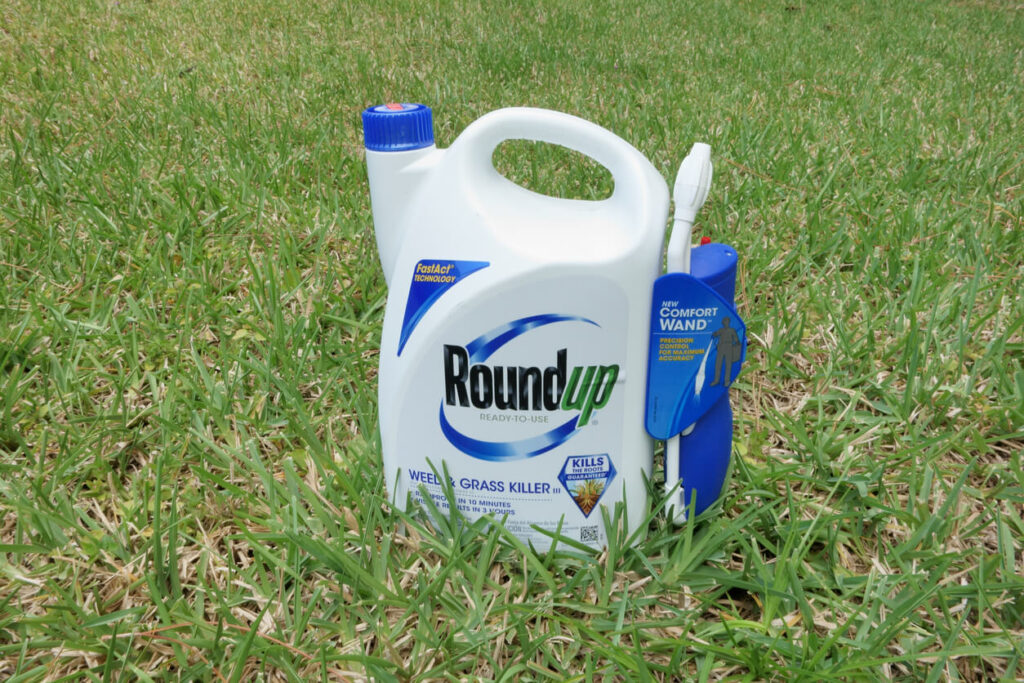Is wandering jew toxic to cats? Yes, Wandering jew is a midly toxic plant for cats and other pets. Although it is generally not life-threatening, cats that consume the sap of wandering jew plants can experience skin irritation and bowel irritations causing vomiting or diarrhea.
Having plants and pets in the same house makes you wonder whether they are safe companions. Not only do you have think about whether houseplants are potentially toxic for your pet but also whether your pet can harm the plant.
In the case of wandering jew, they are best kept separate. But what happens when you already have both in the house?
Read on to learn more about wander jew and what you need to know if you have cats as pets.
What Is Wandering Jew?
Wandering Jew is an umbrella term for many different species of the Tradescantia genus, a tropical herbaceous plant originating in central and Southern America. It is a relatively easy plant to take care of, making it a popular houseplant.
Depending on the specific species, it can be a lovely flowering plant or a trailing plant. Some species are also considered invasive species and are treated as weeds.
Most Common Types of Wandering Jew
- Tradescantia Fluminensis
- Tradescantia Pallida
- Tradescantia Zebrina
Tradescantia Flumensis: Evergreen perennial plant with oval green and lilac striped leaves. It produces a white flower with 3 petals.
Tradescantia Pallida: Long pointy purple leaves but the tips may remain red or green. Produces 3-petal flowers in a variety of colors, purple, white or pink.
Tradescantia Zebrina: Evergreen perennial vining plant with multi-color leaves ranging between green, gray and purple. The leaf center features 2 whitish gray stripes and it sometimes produces pinkish flowers.
Other Common Names
Tradescantia Flumensis:
- Small-leaf spiderwort
- Inch plant
- River spiderwort
- Wandering willie
- Wandering gypsy
- Wandering trad
Tradescantia Pallida:
- Purple Queen
- Purple Heart
- Purple Secretia.
Tradescantia Zebrina:
- Spiderwort
- Inchplant
- Zebrina pendula
Is Wandering Jew Toxic for Cats?
The plant sap of wandering jew is irritating to the skin and it can cause bowel irritations as well, if it is consumed by your cat. That is why wandering jew is considered a mildy toxic plant for cats, dogs, horses and other pets but also in humans.
The plant sap contains calcium oxalate crystals, that is what causes the allergic reaction in cats. The sap is present in the leaves but most of it is in the stem.
If your cat gets any of the sap on their skin, it can cause a skin rash, similar to dermatitis. If your cats nibbles on the plant and ingests some of the sap, it can cause bowel irritations.
These are possible symptoms of contact with wandering jew sap in cats.
- Skin irritations, especially on belly, paws, chin, groin
- Allergic skin reaction
- Vomiting
- Diarrhea
If you notice any of these symptoms in your cat, notify your vet. The vet can tell you how to relieve the irritations and what to do if you cat is showing symptoms of bowel irritation.
How to Keep Your Cat Away from Wandering Jew Plants
Since the sap of wandering jew is toxic to cats, it is important to prevent them from coming into contact. However, this is easier said than done.
Cats are naturally agile creatures and masters of reaching difficult places. You also cannot keep an eye on them 24/7 to prevent them from scratching at or nibbling at the houseplant.
If you place the plant on a surface, chances are that your cat can find a way up there. The best way to keep your cat and houseplant safe, is to hang it somewhere your cat cannot jump at.
Plant baskets that hang from the ceiling are your best bet. Make sure there are no other nearby surfaces that you cat could use to get a good jump at the plant from.
Tradescantia like lots of sunlight so hang it near a window. Remember to prune the trailing vines, otherwise your cat might still get at them.
What to do if Your Cat Eats Wandering Jew
If your cat has eaten a wandering Jew plant, it is important to monitor your cat for any signs of illness. The wandering Jew plant is not toxic to cats, but it can cause digestive upset if ingested in large amounts. Symptoms of digestive upset in cats may include vomiting, diarrhea, and loss of appetite.
If your cat is showing any of these symptoms, or if you are concerned about your cat’s health, it is important to contact your veterinarian for further advice. Your veterinarian can assess your cat’s condition and recommend any necessary treatment.
In the meantime, you can try to prevent your cat from eating any more of the plant by keeping the plant out of reach or by placing a physical barrier around it. You can also consider replacing the wandering Jew plant with a safer, non-toxic alternative.
Other Toxic or Poisonous Plants for Cats
The ASPCA has a long list of common houseplants that are toxic or poisonous for cats. Here is just a short selection of the plants on that list.
- Aloe Vera
- Azaleas
- English Ivy
- Eucalyptus
- Hyacinths
- Lilies
- Leopard Lily
- Mistletoe
- Monstera Deliciosa
- Pothos
- Succulents (not all species)
- Snake plants
- Sago Palm
Frequently Asked Questions:
What Succulents Are Poisonous to Cats?
Several types of succulents are poisonous to cats. These include:
- Adenium
- Agave
- Albuca
- Aloe
- Cactus
- Cotyledon Pendens
- Crassula (Jade)
- Euphorbia
- Kalanchoe
- Ledebouria
- Pachypodium
- Sansevieria
- Senecio
What Plants Are Cat Friendly?
Some cats enjoy scratching at or nibbling on houseplants which is why it is important to only bring in houseplants that are safe and non-toxic for your cat. This is a non-exhaustive list of 10 common houseplants that are safe for cats:
- Air plants (Tillandsia)
- Aluminium plant
- Boston Fern (note: not all ferns are cat friendly)
- Calathea
- Friendship plant
- Lace Flower Vine
- Lipstick plant
- Parlor palm
- Polka Dot Plant
- Spider plant
Is Wandering Jew Toxic to Humans?
Just like in pets, the calcium oxalate crystals in the sap of wandering jew plants can cause skin irritation. Humans can develop dermatitis on the areas of skin that came into contact with the sap.
To be safe, always wear gloves when pruning a wandering jew plant and properly clean your tools afterwards. Never ingest any part of the plant.
Summary
The wandering jew species are popular houseplants because they are generally low maintenance but they are not cat friendly plants. The plant sap contains calcium oxalate crystals which can cause skin and bowel irritations in cats other pets and even in humans.
Since cats sometimes enjoying playing with houseplants, it is important to be aware of the risks if you choose to keep one in the house. Make sure you keep the plant in a spot that your cat cannot reach.
Watch out for symptoms such as irritated skin, vomiting and diarrhea in your cat. This may be a sign that they came into contact with wandering jew plant sap.




